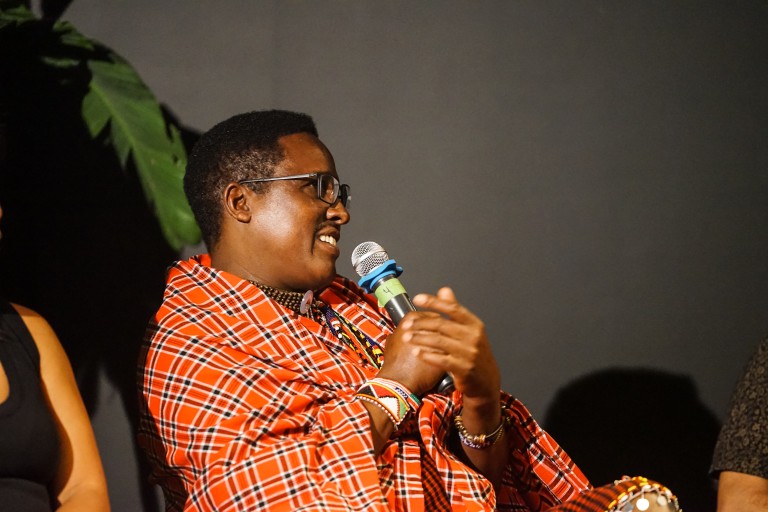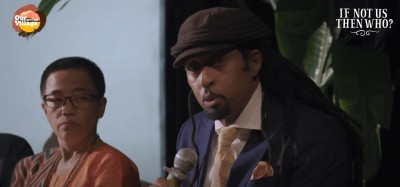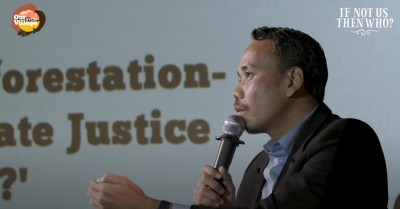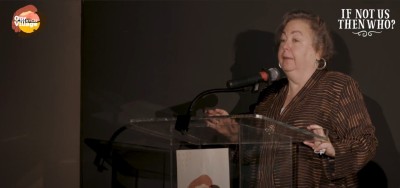Indigenous Leadership to Address Conservation Challenges
Transcript
So the community came together themselves and created a unique conservation model that has become an inspirational story because in our part of the world we have all types of protected parks, but most of those protected parks, either conservancies or game reserve national parks, are run by investors whose, you know, connectedness with the land is quite different compared to the desperation of the local people. So our conservancy is about coexistence. So we managed to bring back the co-existence where the local people, the Maasai share their land, share their space with their wildlife, with their livestock, and they are able to create balance and harmony. So actually that is the meaning of our name.
So basically the idea is to bring communities together, to provide space for coexistence, to provide a huge carbon sink. And, you know, funders understand the fact that our community is reeling from the impact of the climate crisis. Yet like all other indigenous people around the world, we have contributed the least to the climate crisis. But now we are doing something to turn the tide. We are doing something to try to turn the tide in the favour of the community and in the favour of our planet Mother Earth, which we all rely on for life. So in 2020, as you may know, when COVID came, the established conservancies in our part of the world ran away. You know, they betrayed the communities. They went away because of a claim that there was COVID and they could not leave the land again from the people. But our small conservancies stepped in and launched a feeding program that became a lifesaver, a feeding program that was feeding 28,000 people weekly for one year. So we also won a UN Equator price in 2020, a testament of the fact that when indigenous people are allowed to show the way are allowed to lead, then so much is possible.
We may be living in different parts of the world, but our aspirations are connected. We are all here to make our world a better place.
In 2020, during the pandemic, as many foreign investors fled the country, local Maasai communities stepped in and took the management and leadership of the conservancies into their hands. During this time, the community came together and created a unique conservation model that brought back the co-existence and harmony between local communities and biodiversity and also launched lifesaving feeding programs showing that when local communities are allowed to lead, a lot is possible.

How to transform the system?
Those most affected by the climate crisis are also those with the least power to decide and act on it. Tackling climate justice demands a shift in power, not only to repair frontline communities, but also to make sure that those who negotiate, sign and approve are also those most knowledgeable of what needs to be done to stop the crisis.


